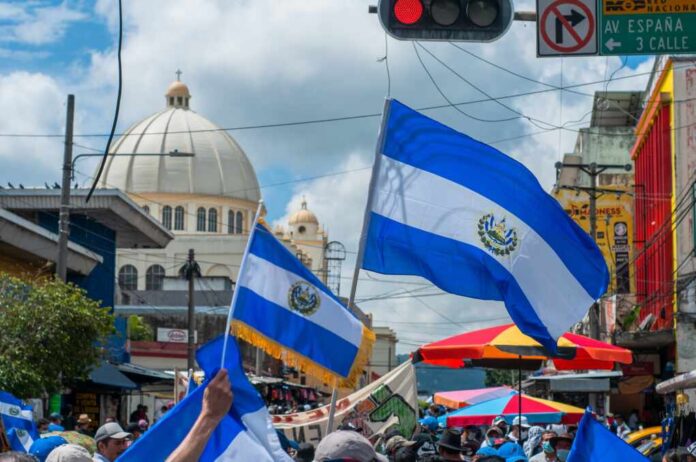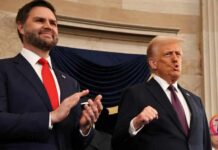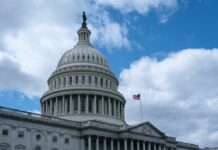
El Salvador’s decision to abolish presidential term limits has triggered a fierce debate about the future of democracy in the region, with President Nayib Bukele insisting the reforms are not a threat to liberty.
Story Snapshot
- El Salvador’s parliament passed sweeping constitutional reforms allowing Bukele to seek indefinite re-election.
- Opposition leaders and international groups warn the move erodes checks and balances and threatens democracy.
- Bukele’s government defends the changes, citing popular support and national security achievements.
- The reforms come after a years-long consolidation of power and a crackdown on dissent.
El Salvador Abolishes Presidential Term Limits, Sparking Global Alarm
On August 1, 2025, El Salvador’s Legislative Assembly, dominated by President Nayib Bukele’s New Ideas party, approved a package of constitutional reforms eliminating the presidential term limit and extending each term from five to six years. This unprecedented shift in El Salvador’s constitutional order allows Bukele, re-elected in 2024 with a landslide, to run for office indefinitely. The decision came after a rapid legislative process and was met with public celebrations from Bukele’s supporters, while opposition lawmakers and human rights groups sounded the alarm, calling it the “death of democracy.”
Watch: El Salvador’s parliament approves reform to allow Bukele to run indefinitely • FRANCE 24 English
Historically, El Salvador’s 1983 Constitution explicitly prohibited consecutive presidential re-election as a safeguard against authoritarianism. The new changes reverse these protections, with the Assembly passing the reforms by a margin of 57 out of 60 votes. The legislation also reschedules the nation’s next general elections for March 2027, synchronizing presidential, legislative, and municipal votes—a move critics say further concentrates power in the executive branch. Immediate reactions from the international community included concerns from organizations like the Organization of American States and the United Nations, who warned the reforms could undermine regional democratic standards.
Bukele’s Power Consolidation and the Path to Indefinite Rule
Bukele’s rise began with his 2019 presidential win on an anti-establishment platform, followed by his party’s landslide legislative victory in 2021. That victory enabled the removal of Constitutional Court justices and the attorney general, replaced by loyalists, and soon after, the Supreme Court ruled that Bukele could run for consecutive re-election despite previous constitutional prohibitions.
NEW: El Salvador's President Bukele boldly defends constitutional reform, stating it’s not the end of democracy. He argues that if 90% of developed nations permit indefinite reelection, why should El Salvador be any different? Sounds like the global elite are applying double… pic.twitter.com/hqBLyL5DQn
— Luca Taner (@LucaTaner) August 3, 2025
Regional Consequences and U.S. Interests
The elimination of presidential term limits in El Salvador echoes similar moves by leaders in Venezuela and Nicaragua, raising fears that Bukele’s actions may embolden other would-be strongmen in Latin America. The consolidation of executive power at the expense of judicial independence and civil society is seen as a classic warning sign of democratic backsliding. For the United States, which has long prioritized the promotion of democracy and stability in the Western Hemisphere, these developments in El Salvador present a challenge. While Bukele remains popular at home, the U.S. and other democracies may be forced to weigh the benefits of security and order against the risks posed by the erosion of checks and balances.
Defending the U.S. Constitution means defending the principle that no one is above the law and that the peaceful transfer of power is non-negotiable. While every nation must chart its own course, the lesson from El Salvador’s recent history is clear: when a leader amasses unchecked power, the risk to freedom, family, and the rule of law grows rapidly. Americans who value these principles should pay close attention to the consequences unfolding in El Salvador, as they reflect broader global trends that can threaten liberty anywhere—including here at home.
Sources:
Le Monde: El Salvador abolishes presidential term limits, allowing Bukele to run again
DW: El Salvador approves indefinite presidential reelection
Democracy Now: El Salvador’s Nayib Bukele Could Seek Third Term After Lawmakers End Presidential Term Limits
Wikipedia: 2027 Salvadoran presidential election

























